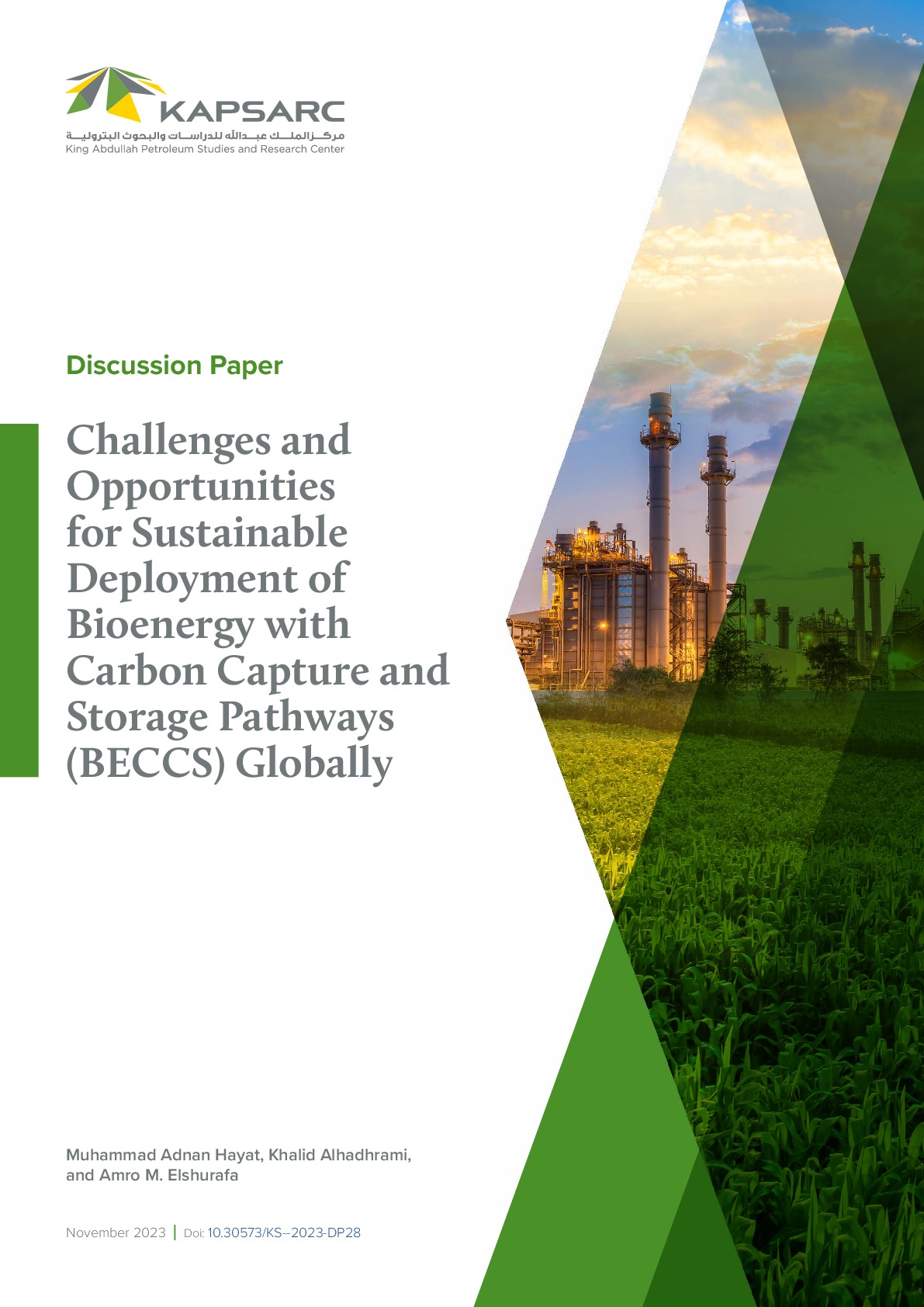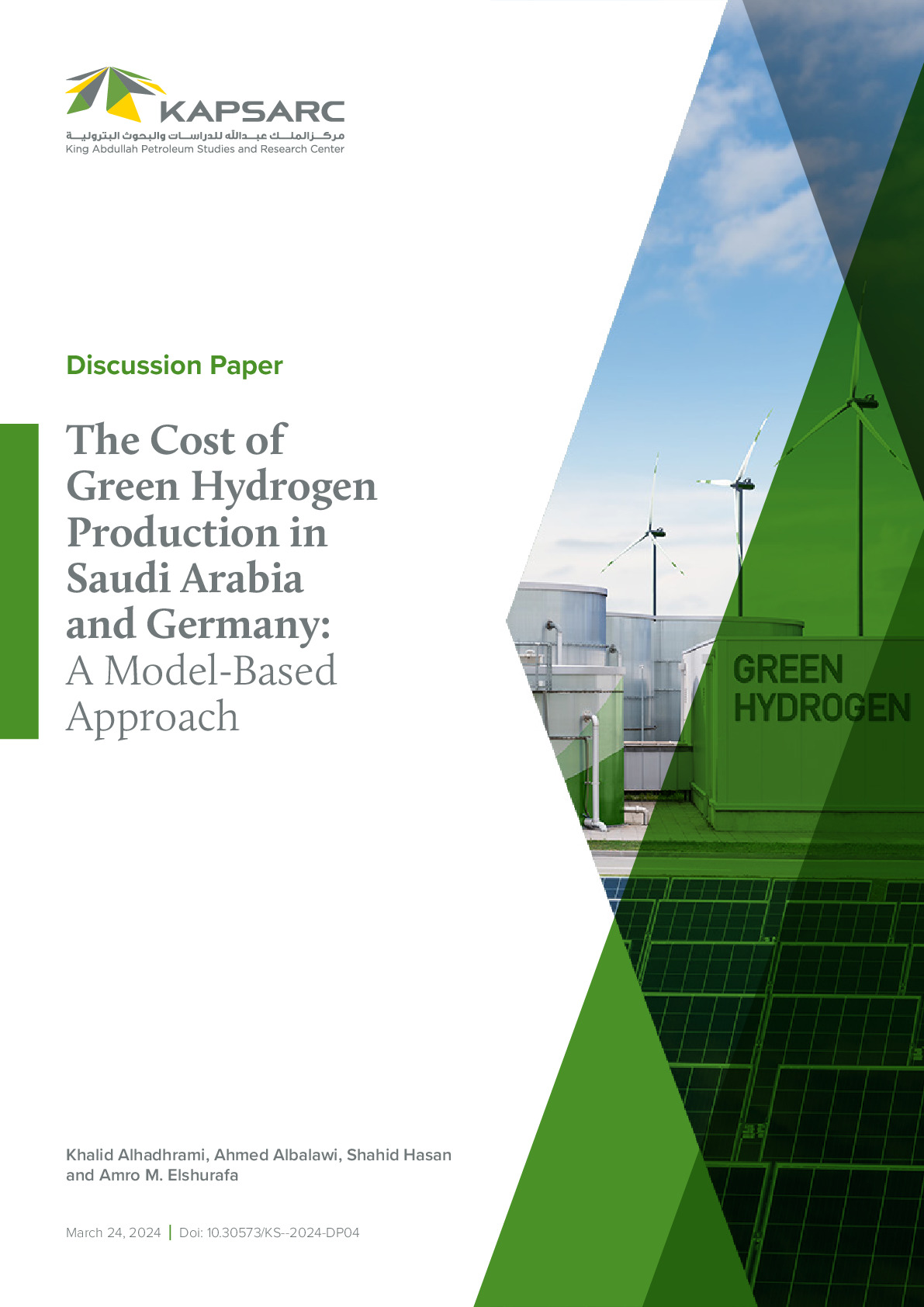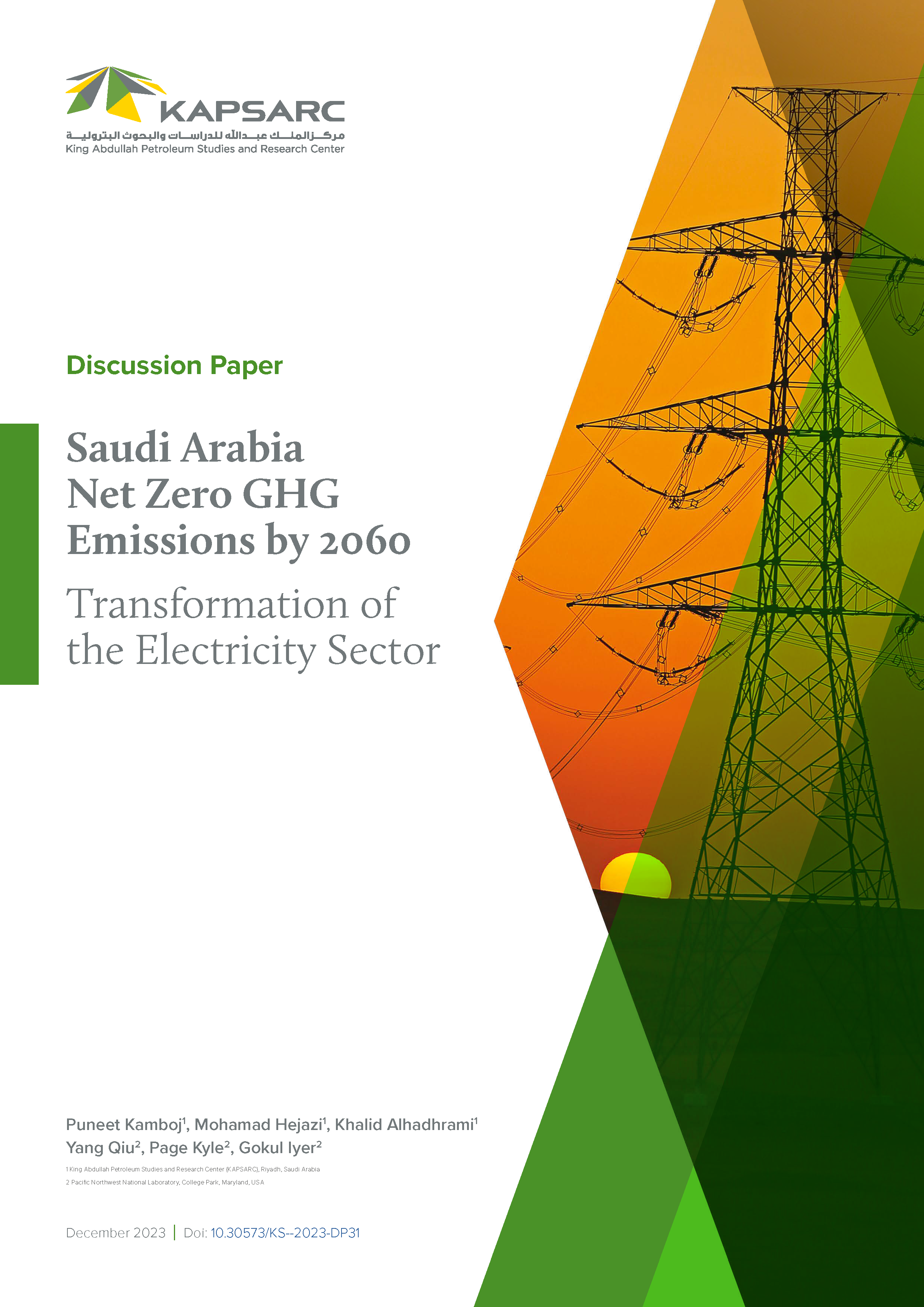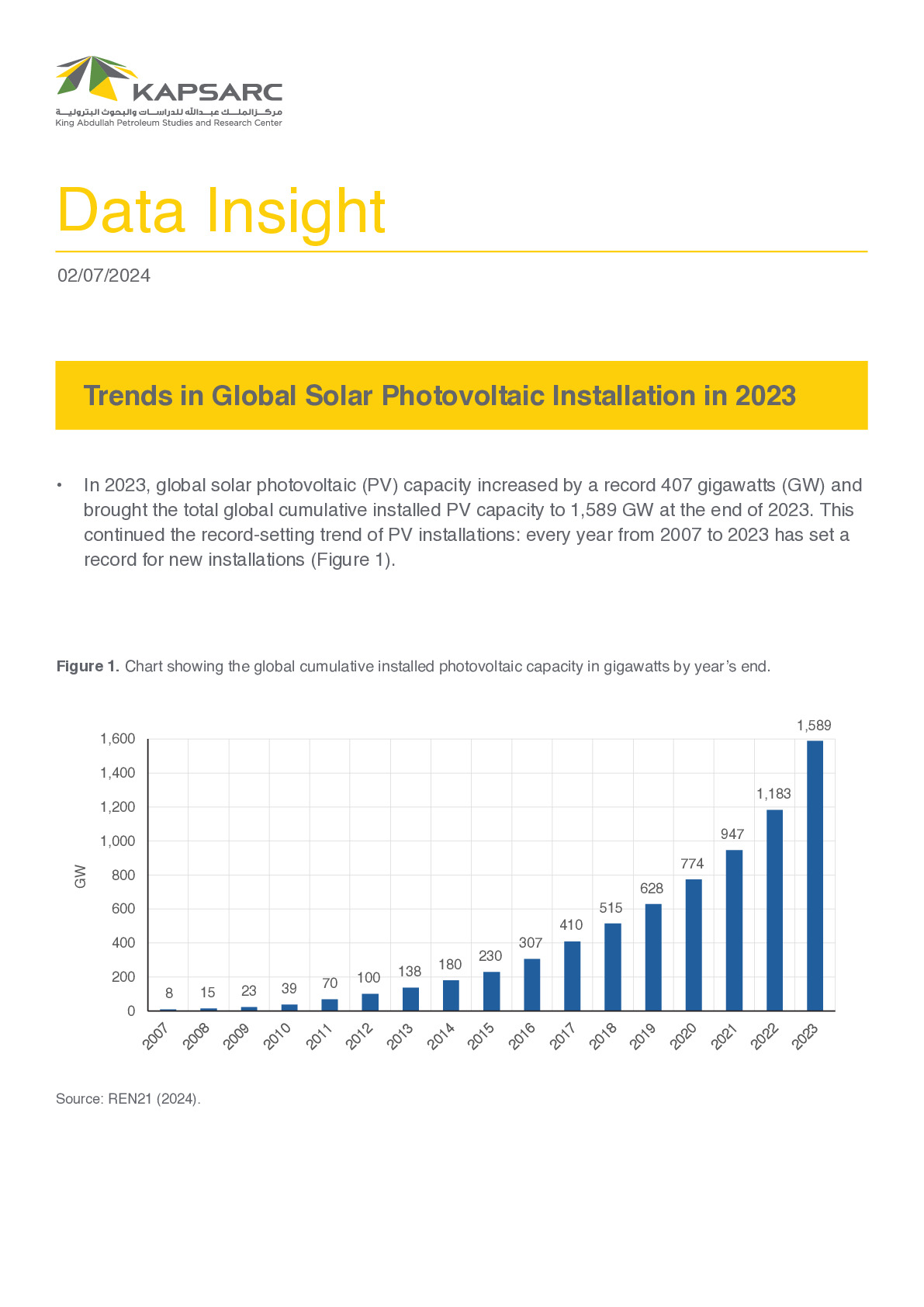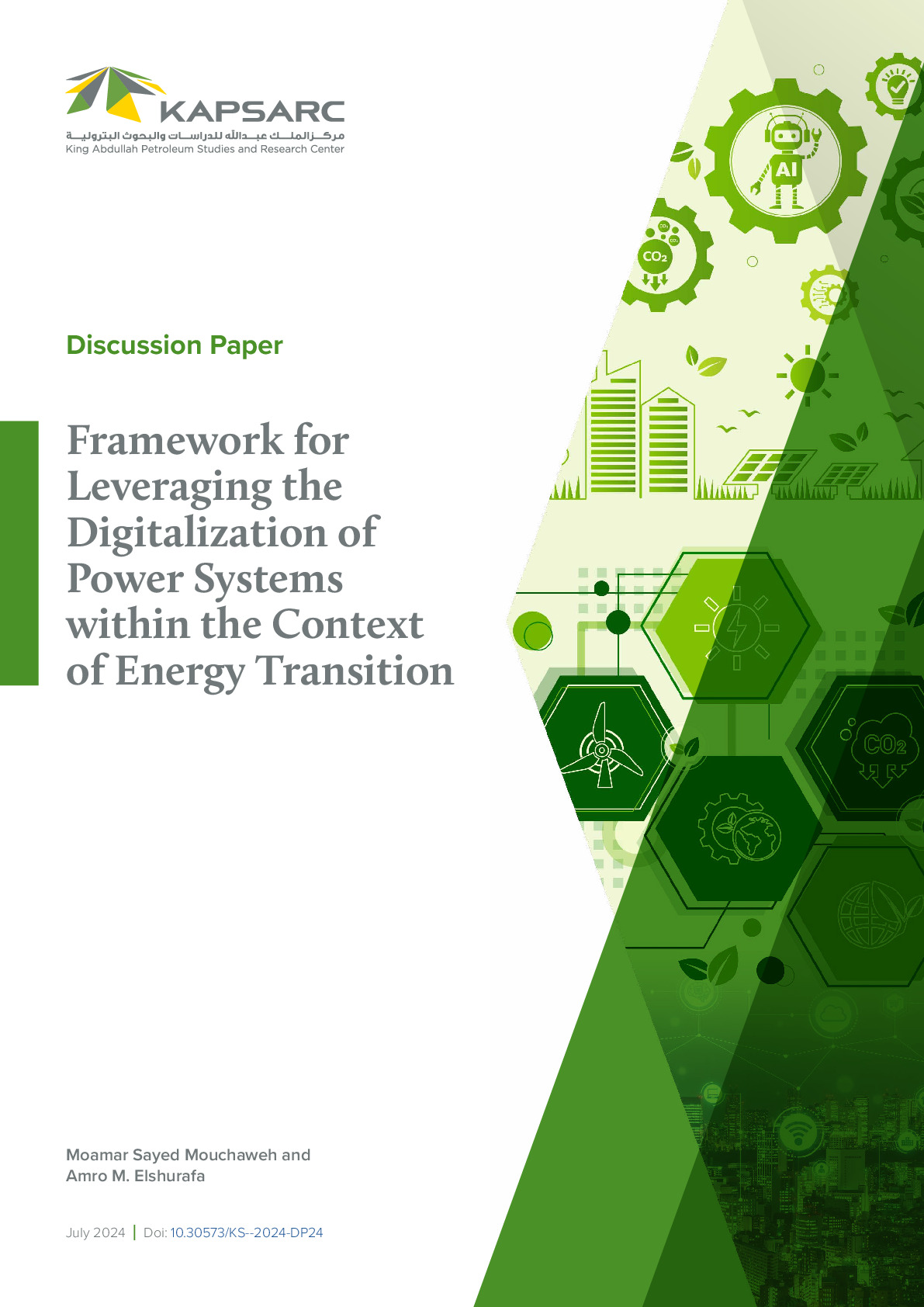Countries are exploring various options to achieve net-zero emissions, including bioenergy with carbon capture and storage (BECCS), which is the process of capturing and storing carbon dioxide (CO2) from processes that utilize bioenergy to produce heat, electricity or biofuels. However, this technology faces sustainability concerns, an unclear public perception and has complex value chains for its emissions. Adding to this complexity, the literature presents two opposing views regarding the potential of BECCS to achieve negative emissions. This paper analyzes in detail a wide range of BECCS pathways in terms of their ability to achieve negative emissions and their associated costs. Out of the seven assessed pathways, our analysis shows that the corn-to-ethanol and biomethane-production-from-maize BECCS pathways in the U.S., along with biomethane production from wet manure in Europe and baling of straw pellets with trans-Atlantic shipment, can achieve negative emissions at a cost of 50, 108, 159 and 232 dollars per ton of CO2 ($/tCO2), respectively. Other technologies, such as poplar pellets, forest residue and agricultural residue with trans-Atlantic shipments, are not able to achieve negative emissions.


